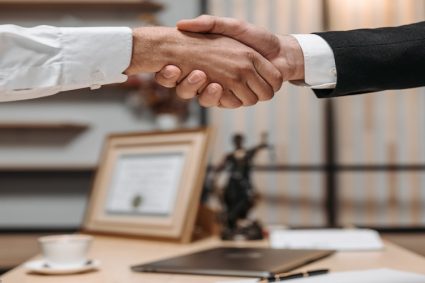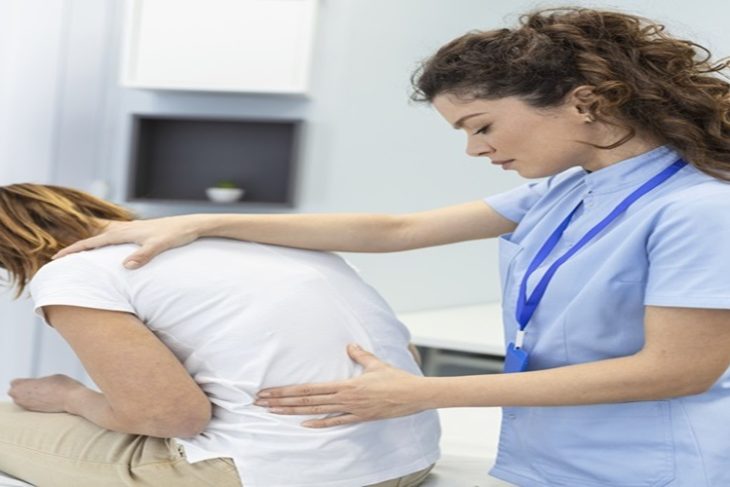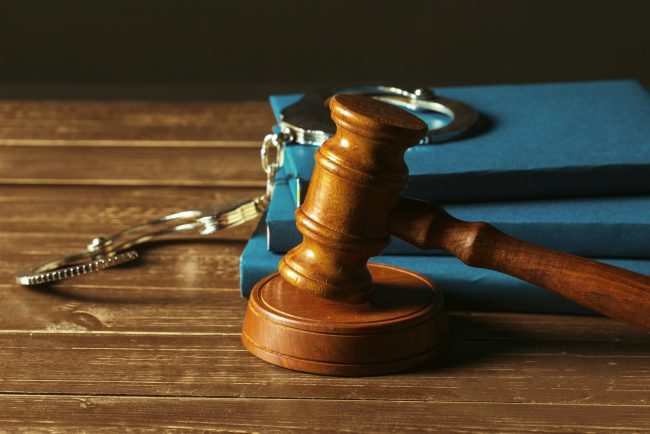The criminal justice system is a complex and often misunderstood system. This is especially true when it comes to the role of the criminal lawyer.
Many believe criminal lawyers are only concerned with getting their clients off the hook. This is only a small part of what they do. In reality, criminal lawyers play a vital role in ensuring their client gets justice.
This article will discuss ten things you may not have known about criminal lawyers and learn how to get legal consultation Toronto support. Some of these things may surprise you. They will give you a better understanding of what it’s like to work as a criminal lawyer.

- Criminal lawyers specialize in a particular area of law, such as white-collar crime, drug offences, or violent crimes.
There are different areas in criminal law where some lawyers specialize. Such as physical assault, theft, and sexual abuse.
Criminal lawyers have experience with the criminal justice system and are familiar with the laws that apply to their area of specialization.
- Many Criminal Lawyers Believe the Bail System does not work.
Some criminal lawyers believe that the longer a person stays in jail, the easier it is for them to want to take a plea bargain that only favours the prosecution.
In some cases, the client may be guilty of a lesser crime than the crime he is being charged for. Also, they take the plea because they will do anything to get out of jail within the shortest possible time. This, to them, may seem easier than waiting for the jury to roll a dice.
To solve this, criminal lawyers advocate for bail reform by eliminating bail or providing more help to low-income defendants.
- Good Criminal Lawyers are Impartial
There is a common misconception that all criminal lawyers are partial. This is not true. The best criminal lawyers can set aside their personal beliefs and advocate for their clients based on the evidence and the law.
- They have Great Negotiation Skills.
Criminal lawyers have outstanding negotiation skills. This is because they are often required to negotiate with prosecutors on behalf of their clients. As a result, often, they can get charges reduced or even dropped altogether.
- It is Harder for Them to Defend Innocent Clients
Many criminal lawyers will tell you that it is harder to defend an innocent client than a guilty one. This is because there is often less evidence to work with when the client is innocent.
This can make it challenging to build a strong defence and prove the client’s innocence beyond a reasonable doubt.
- They Advice You Not to Talk About Your Case to Everyone
In most cases, a criminal lawyer advises their clients not to speak to anyone else about their case. Anything you say can become a tool against you in court.
Even if you are innocent, keeping your mouth shut and letting your lawyer do the talking is best. If you have anything to say, talk to your lawyer.
- They Remain Committed to Your Attorney-client Privilege
This privilege ensures that you can discuss your case with your attorney without fear of legal repercussions. The attorney-client privilege is a legal protection that keeps communications between you and your lawyer confidential.
- Criminal Defense Lawyers do not stand as much as you think.
Most people believe that criminal defence lawyers always have to stand to defend their clients. Yet, this is not always the case.
In some situations, it may be more beneficial for the lawyer to sit down during the trial. This could be because the lawyer wants to appear calm and collected.
- Criminal Lawyers Read Non-Verbal Expressions
It is a proven fact that criminal lawyers are great at reading non-verbal expressions.
Reading facial expressions and body language can be crucial in the courtroom. Lawyers must understand what witnesses and defendants are saying.
- They Research the Jury to Know How Best to Defend You
Jury research is a crucial part of any criminal trial. Criminal lawyers research the jury to understand their backgrounds and beliefs; they can tailor the defence to appeal to the jury. This can make a big difference in whether you are guilty or not.
Conclusion
Regardless of whether the case is a major or minor, you need an experienced criminal lawyer who understands the justice system. If you need one, do your best to find a reputable one.








